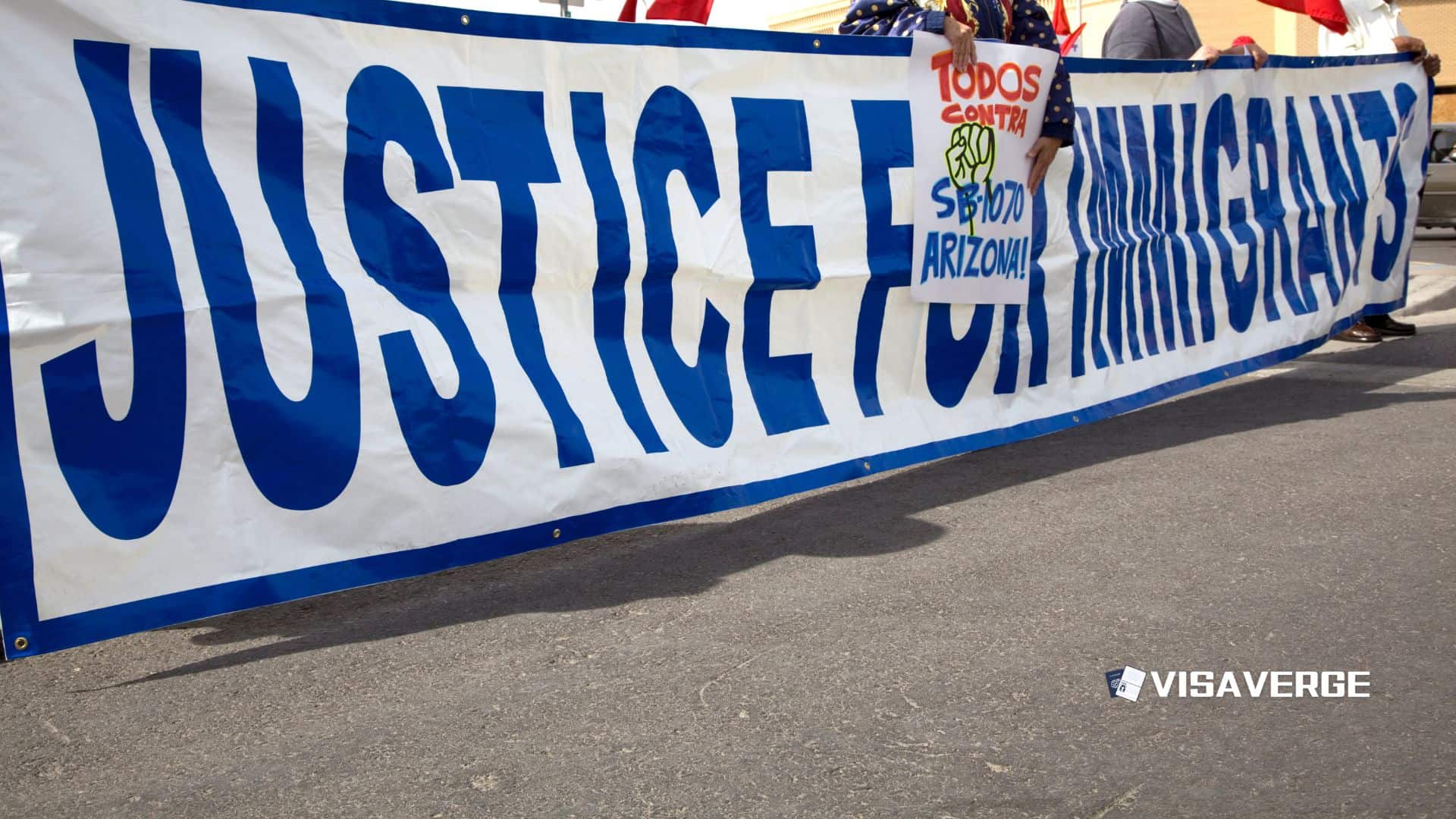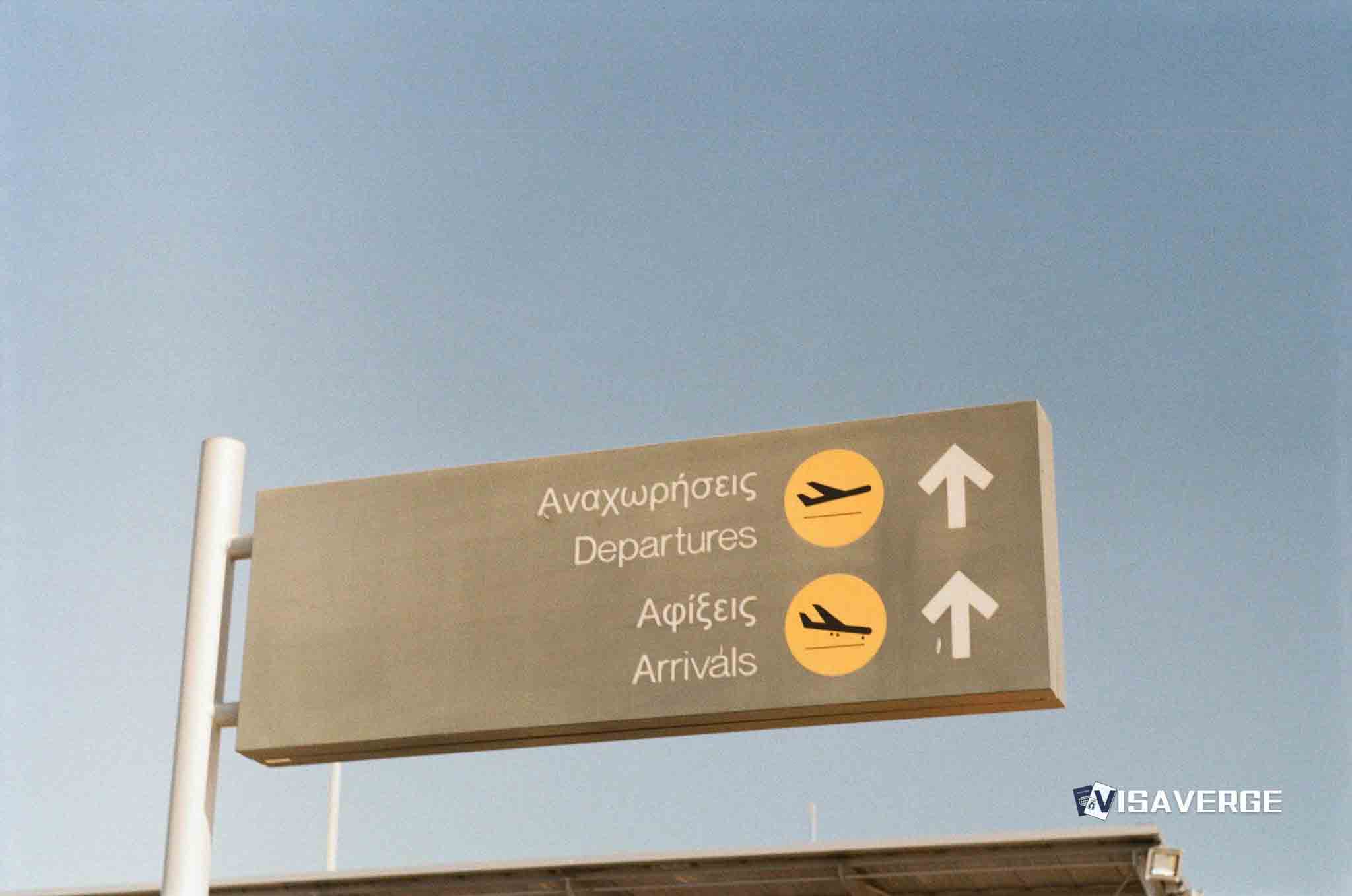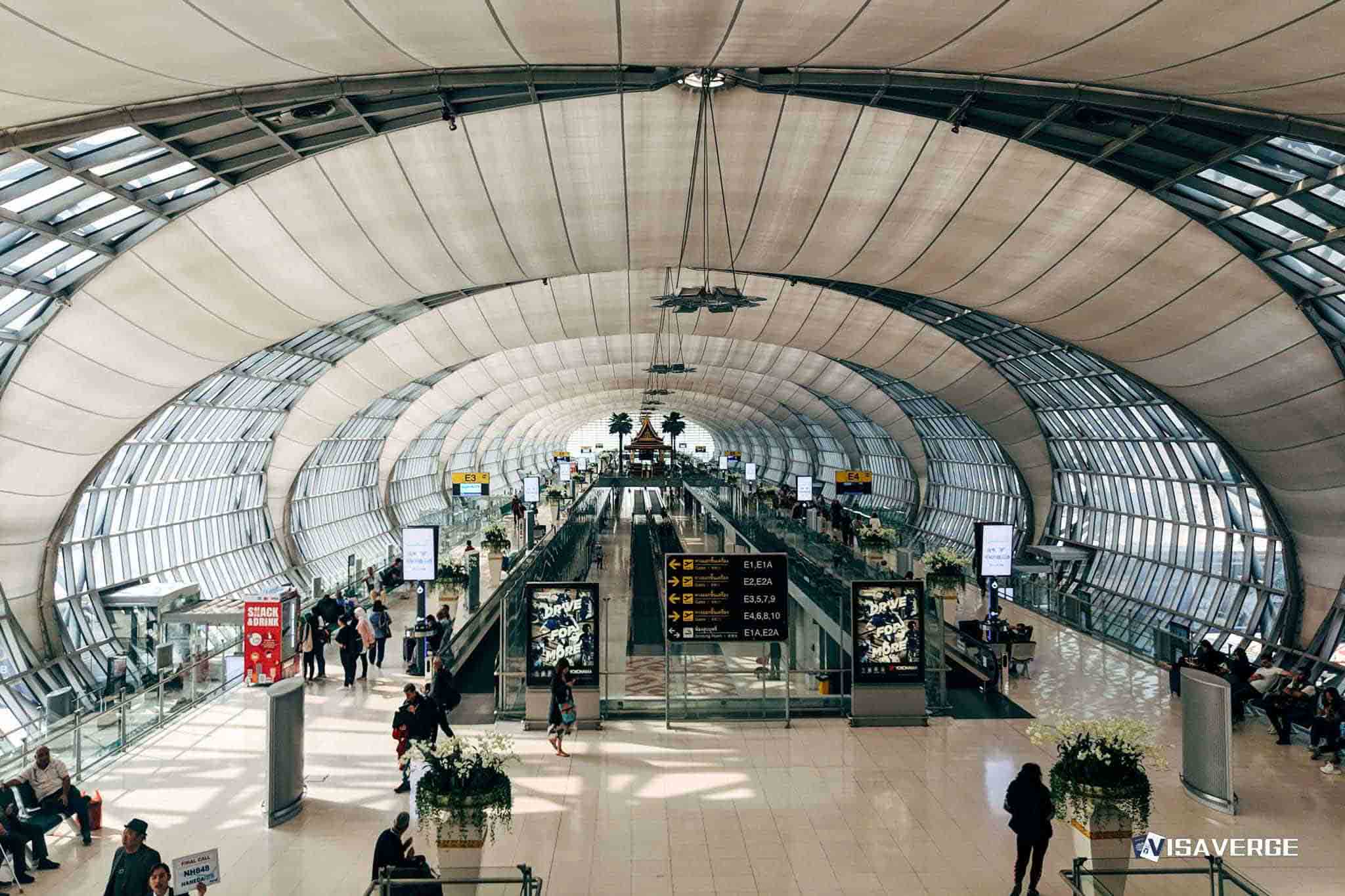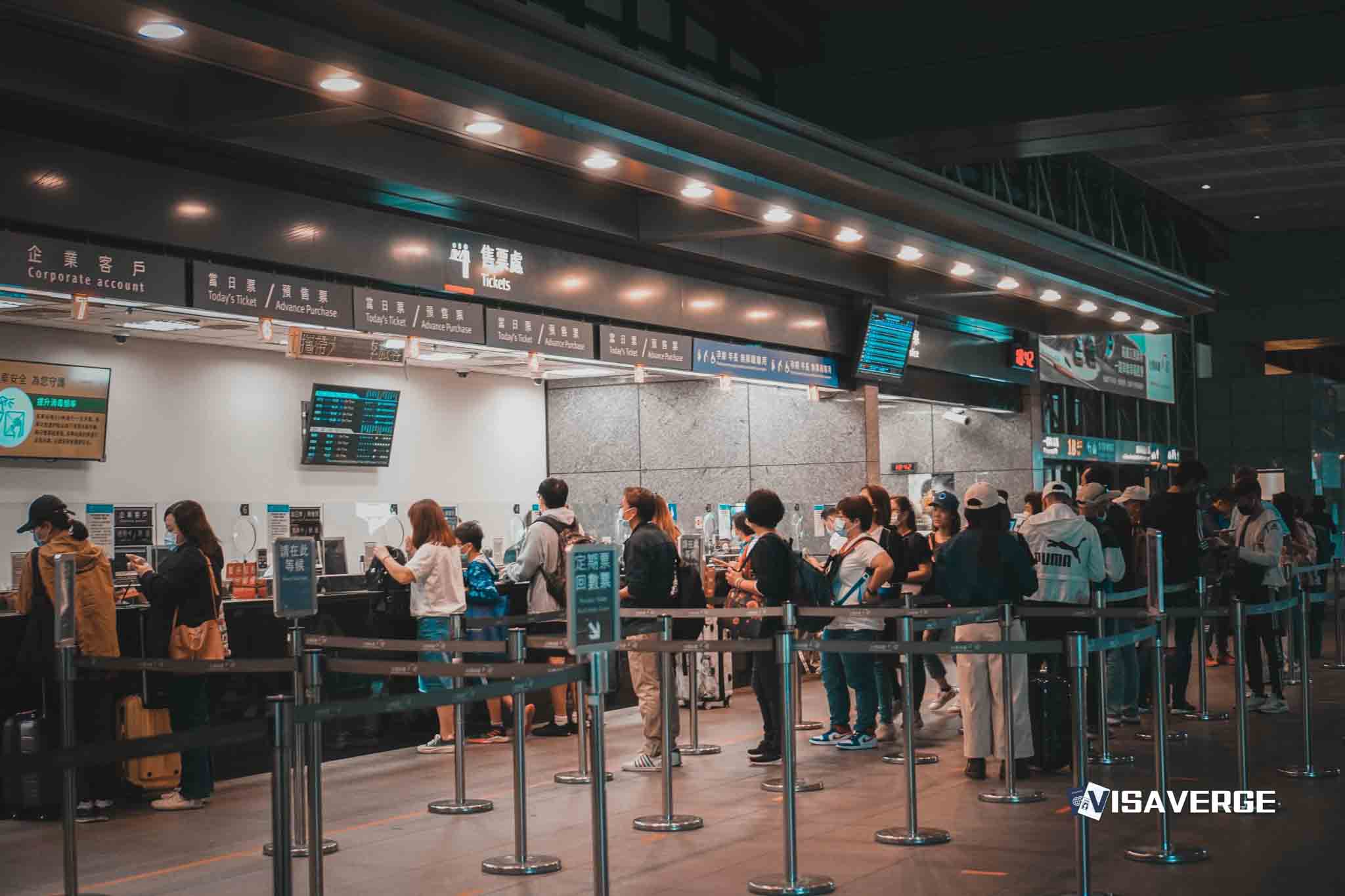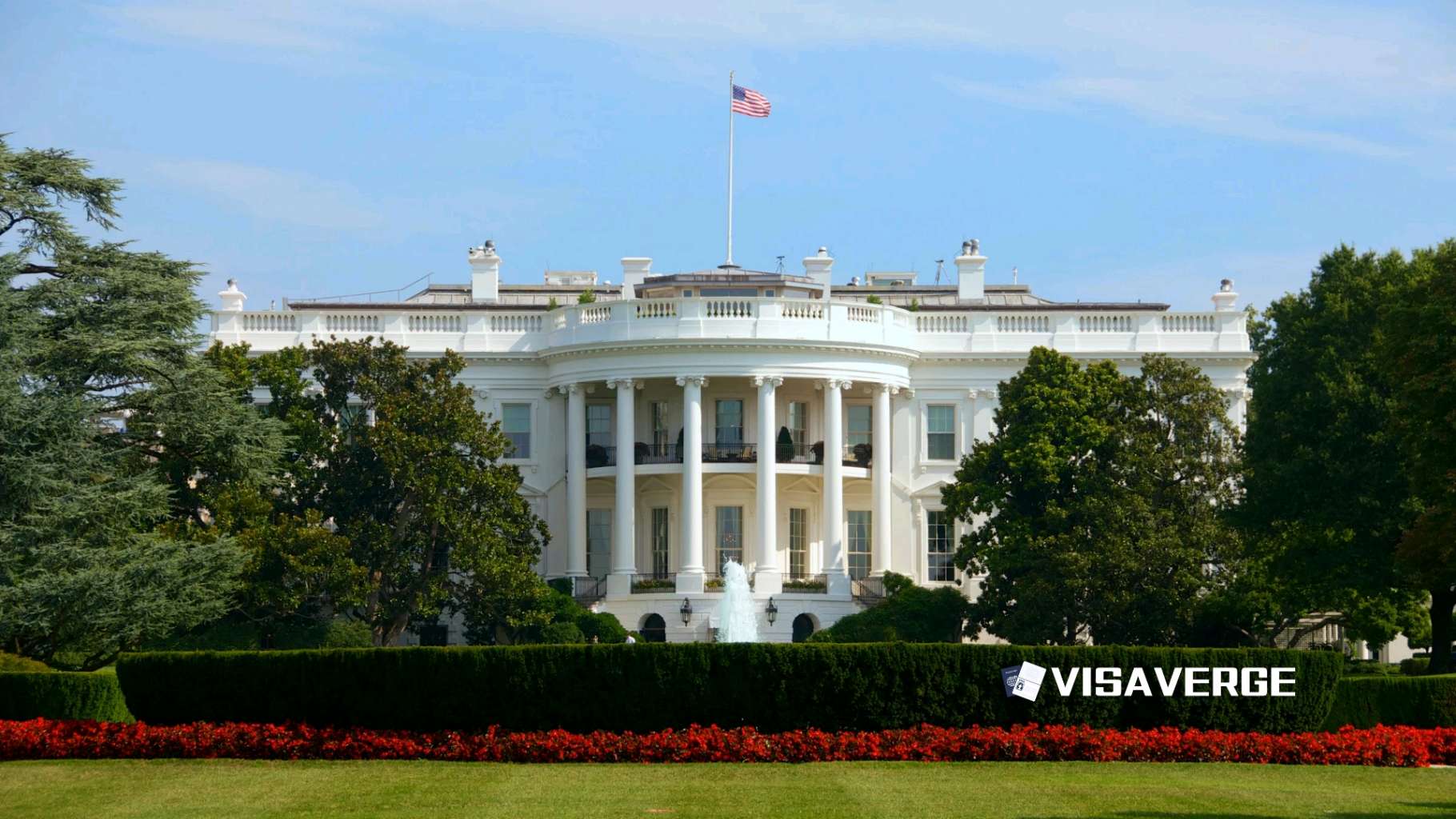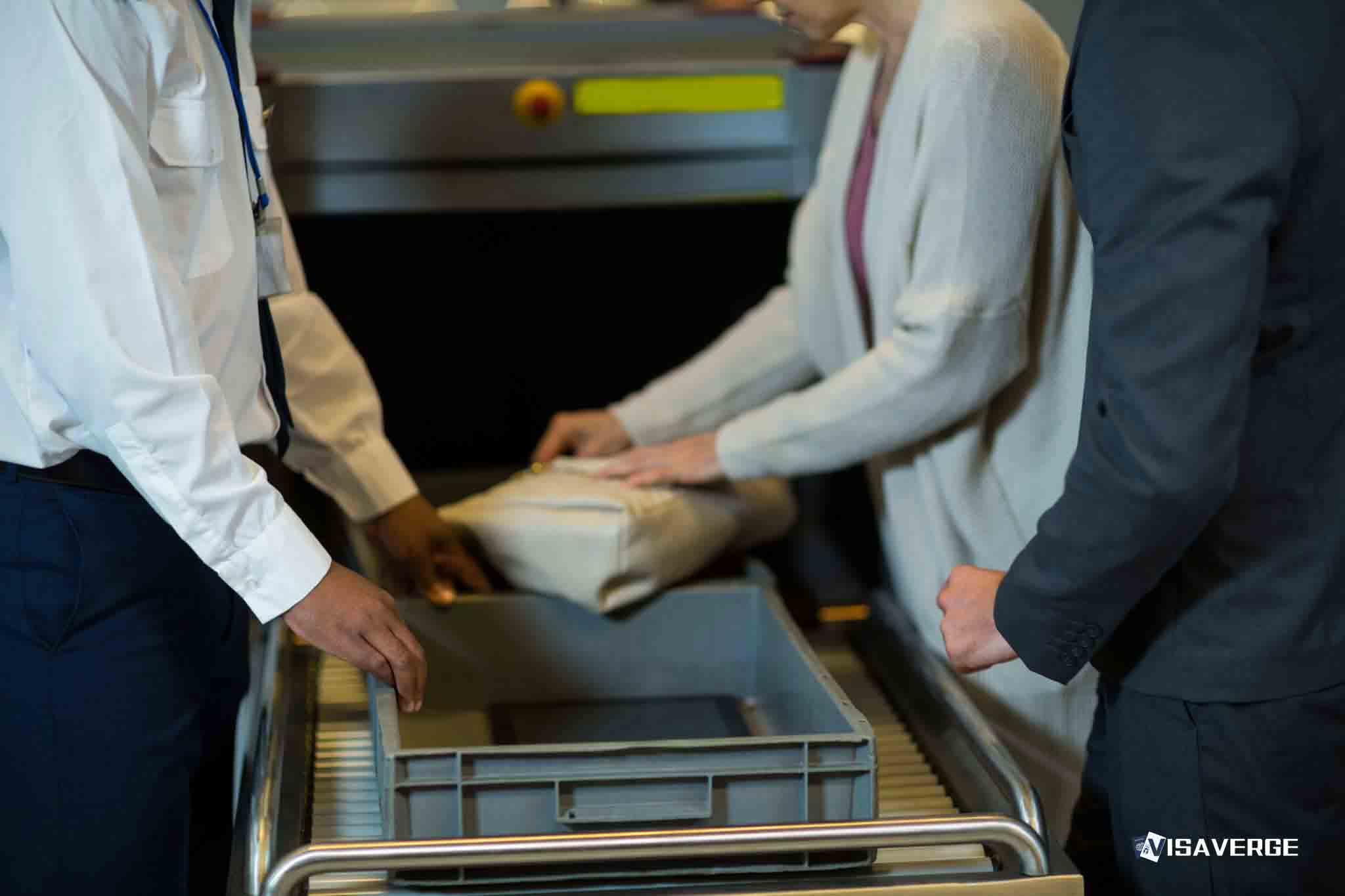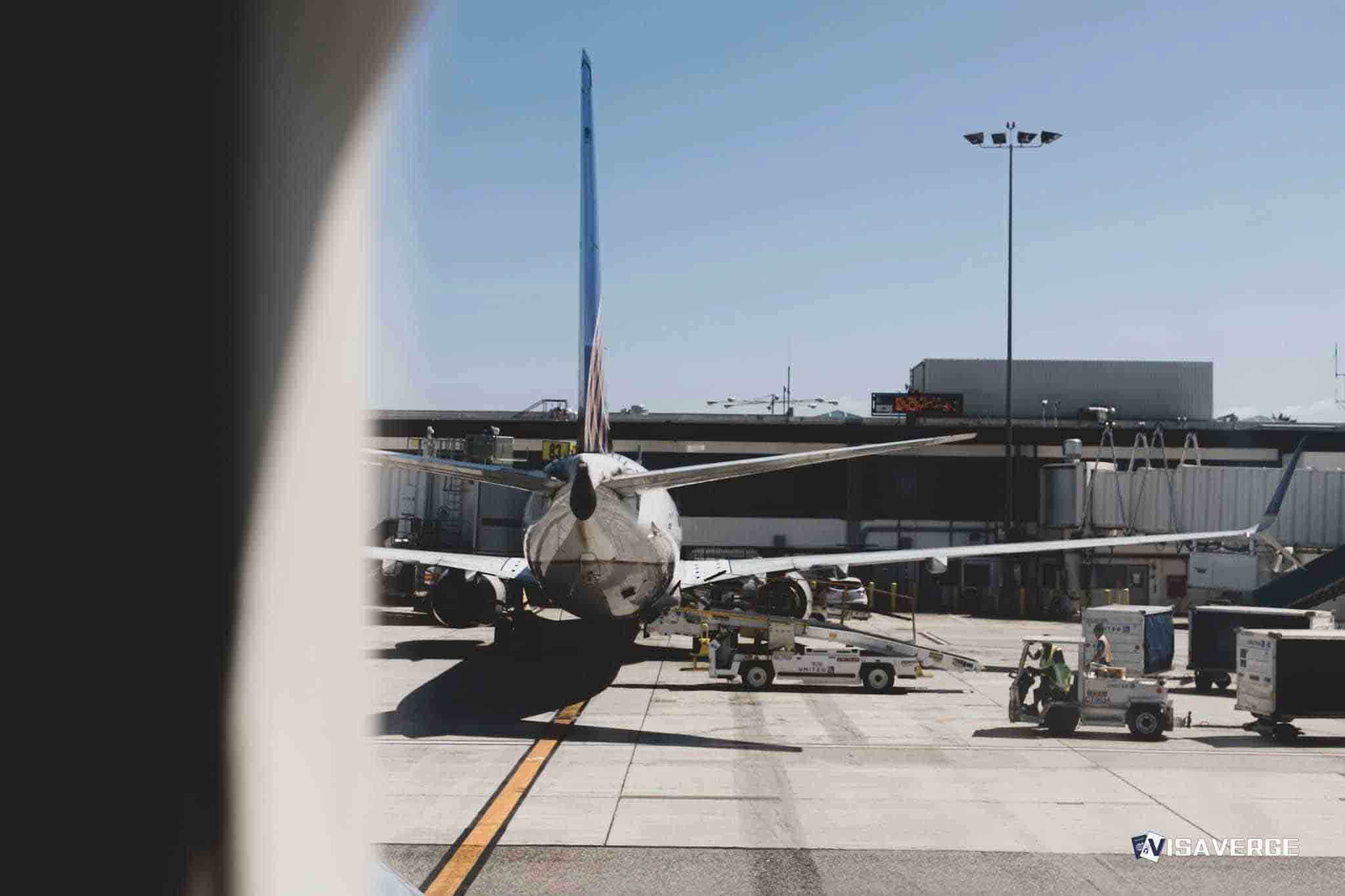The International Association of Machinists and Aerospace Workers has taken a fresh step in its long-running fight to unionize JetBlue ground staff, filing on November 25, 2025, for a union representation vote covering about 3,000 ground operations workers. The filing went to the National Mediation Board (NMB), the federal agency that runs union elections in the airline and rail sectors, marking a new stage in a dispute that has drawn attention across the airline industry and among immigration and travel advocates who watch airline stability closely.
Background: prior campaign and current motivations
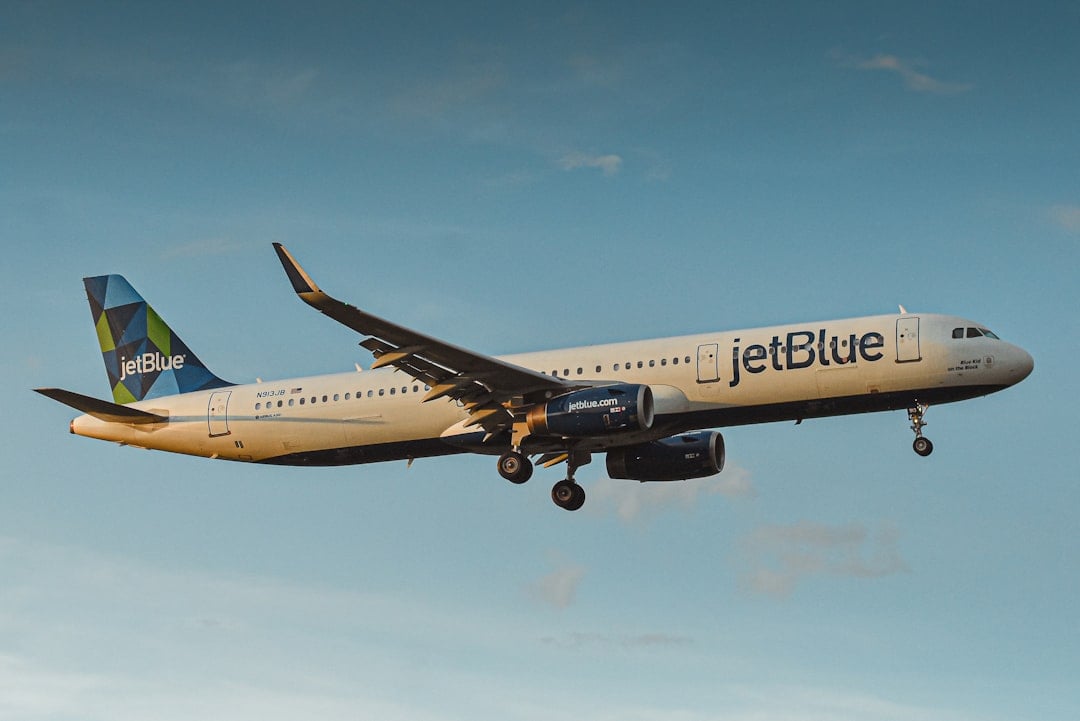
The move follows an earlier union drive in 2022–2023, when JetBlue ground workers voted against joining the IAM after what the union later described as an aggressive anti-union push by company management. At that time, the outcome was seen as a relief for JetBlue leaders, who have often presented the carrier as a “crewmember-friendly” company that does not need unions.
For many front-line workers, though, the earlier loss did not settle the issues they had raised about pay, safety, and job security. According to the IAM, worker support for a new election grew again over the last two years, driven by staff descriptions of:
- Low wages
- Unsafe working conditions
- Weak benefits
- Unfair discipline
- Fears about job cuts
Ground workers handle tasks such as loading baggage, guiding aircraft on the ramp, and working at airport gates. Many interact daily with travelers — including large numbers of foreign visitors who go through immigration checks after landing in the United States. Union organizers argue that poor staffing and high turnover in these jobs can ripple through airport operations, adding pressure on already strained immigration and security lines.
The NMB process: what happens next
The NMB’s involvement is a key procedural step. Under U.S. labor law for airlines, the board must first review the IAM’s showing of support—usually signed cards from workers—to confirm there is enough interest to justify a vote.
Once that threshold is met:
- The NMB sets an election schedule.
- The NMB runs the balloting process (often by mail or electronic voting).
- Eligible workers receive detailed instructions and the voting period follows the posted calendar.
IAM leaders say they expect the board to move ahead with that calendar and have pledged to watch closely for any sign of interference. They have stressed that federal law bars companies from pressuring or threatening employees over union support, a point the union has highlighted in messages to JetBlue staff.
The union has emphasized the right to a “fair and free election” overseen by the NMB and pledged to monitor the process for any illegal interference.
JetBlue’s position and campaign history
JetBlue, which has one of the lowest unionization rates among major U.S. airlines, has not publicly laid out a detailed response to this latest filing in the material provided. In past campaigns, the company has argued that direct communication between leaders and “crewmembers” works better than dealing with unions.
During the 2022–2023 campaign, the IAM accused JetBlue of running an “aggressive anti-union campaign,” a charge that resonated with some workers and angered others who felt the company was trying to scare them away from collective bargaining. That history now hangs over the new election request and may shape how both sides behave as the NMB reviews the case.
Worker impacts and broader implications
For ground workers themselves, the stakes are personal and immediate. Many report:
- Struggling with cost-of-living pressures in major airport cities
- Working shifts that begin before dawn or end after midnight
- Concerns about ramp safety, particularly during severe weather
- Stress from thin staffing that forces rushed flight turnarounds
While the union drive is not directly about immigration law, it plays out where immigration, travel, and workplace rights intersect. Any slowdown or disruption at a busy carrier like JetBlue can affect international passengers dealing with:
- Visa rules
- Customs and Border Protection inspections
- Tight connections
Government officials regularly remind airlines that stable staffing is important for keeping airport flows steady for both U.S. citizens and foreign nationals. U.S. Customs and Border Protection states that efficient airport operations support smoother processing for arriving foreign nationals, and it provides guidance for international arrivals on its official travel page at https://www.cbp.gov/travel.
Potential contract outcomes and comparisons
The IAM’s top leadership — including International President Brian Bryant and Air Transport General Vice President Richie Johnsen — have publicly backed the renewed push, promising to put union resources behind the campaign.
They say they will:
- Work to secure a fair and free election overseen by the NMB
- If workers vote yes, seek a contract that:
- Raises pay
- Strengthens benefits
- Improves working conditions
According to analysis by VisaVerge.com, similar union contracts at other large airlines have often included clearer job protections and more formal systems for handling discipline — provisions that can be especially important for workers worried about losing a job in a high-cost city.
Timeline and enforcement concerns
The timeline now depends largely on the NMB. Once the agency confirms that the IAM has enough support, it will set the voting dates and send instructions to eligible workers.
Key enforcement and oversight points:
- The union stresses JetBlue management must follow federal rules banning interference, coercion, or undue influence.
- Labor experts expect outside observers will watch for complaints or legal filings if either side believes rules are being broken.
- Observers may pay particular attention given the IAM’s earlier claims about the 2022–2023 drive.
Why immigration and travel watchers care
For immigration and travel policy watchers, this case is a reminder that labor disputes in aviation can affect international mobility even when they do not directly change visa or border rules.
- Ground staff play a quiet but central role in moving millions of travelers through U.S. ports of entry each year.
- High turnover or low morale among these workers can lead to flight delays, missed connections, and worsened immigration and customs lines.
- Airports and airlines with heavy JetBlue traffic will watch for operational impacts during peak travel seasons when visa holders, tourists, and returning residents crowd terminals.
Broader context and what to watch for
JetBlue’s relatively low union representation sets it apart from legacy carriers where many ground and cabin workers already have union contracts. If the IAM succeeds, it could:
- Change the balance of organized labor at JetBlue
- Influence future drives among other employee groups (flight attendants, customer service agents)
- Signal broader shifts in worker expectations around safety and staffing
The renewed union push also coincides with a wider willingness among workers across sectors to speak out about pay and job stability. While the legal issues fall under the NMB’s authority, the election outcome may feed into larger debates about worker rights, corporate flexibility, and the cost of travel.
For foreign nationals planning trips that depend on tight schedules or limited visa windows, any major operational change at a large carrier is watched with special care.
What to expect in the coming months
As the IAM waits for the NMB to set the election schedule, organizers are likely to continue engaging workers in break rooms, parking lots, and online forums. JetBlue management will face choices about how actively to oppose unionization without crossing legal lines.
What happens next will decide whether about 3,000 JetBlue ground workers gain union representation and may also signal how labor relations at fast-growing airlines evolve in an era when air travel, immigration checks, and border controls are increasingly intertwined.
The IAM filed with the NMB on November 25, 2025, requesting a union representation vote for about 3,000 JetBlue ground workers. The filing revives concerns from a 2022–2023 campaign that ended against unionization amid accusations of aggressive anti-union tactics. IAM cites low wages, unsafe conditions, weak benefits, and job-security fears as drivers. The NMB will verify support and, if validated, set a voting schedule. A union win could improve pay and protections and influence labor dynamics across the airline industry.




